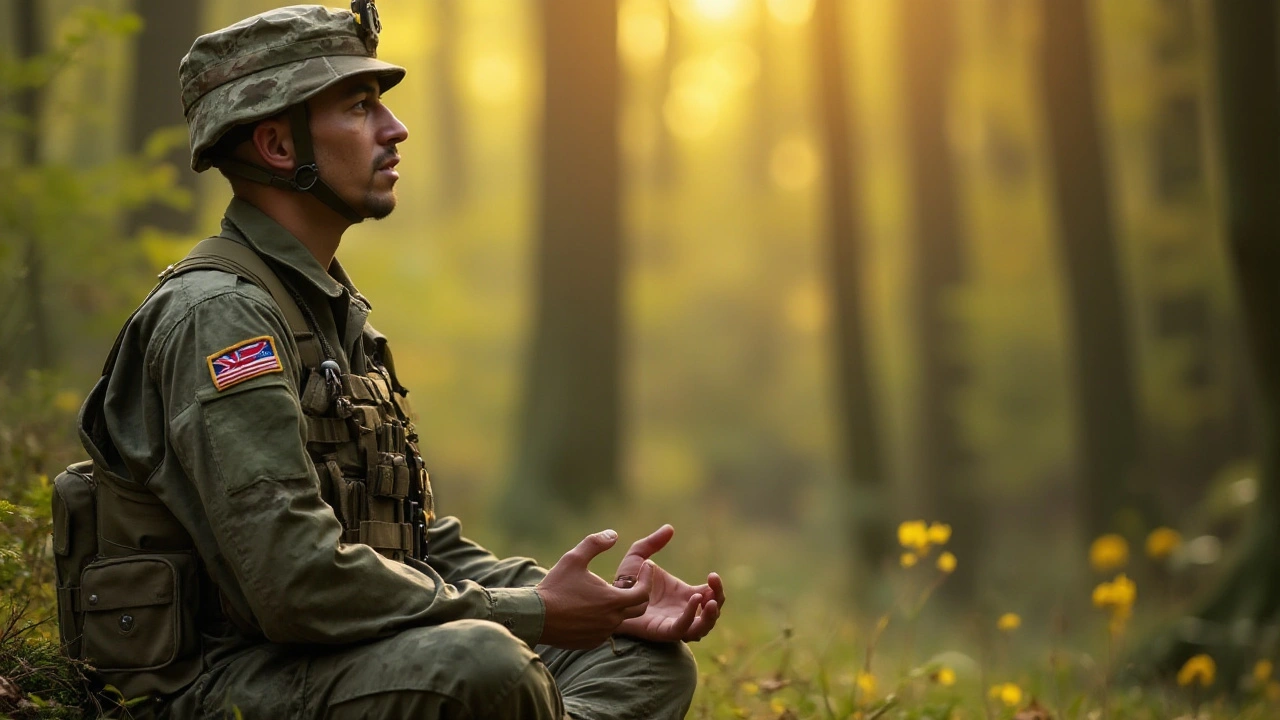Military Resilience: How to Stay Strong Under Pressure
Military resilience isn’t just about physical toughness. It’s mostly about how well you handle stress, bounce back from setbacks, and keep your mind clear when things get tough. Whether you serve in uniform or just want to learn how those skills apply to everyday challenges, building resilience helps you handle pressure without breaking down.
So, what exactly makes someone resilient? It’s a mix of good habits and mental training that mostly boils down to managing stress well and staying focused. When you can control how you respond to stress, you won’t get overwhelmed as easily. This means you can think clearly and act smart—something everyone can benefit from, not just soldiers.
Stress Management Techniques That Work
One of the best ways to build military resilience is mastering stress reduction. Techniques like mindfulness, deep breathing, and relaxation can help calm the mind fast. For example, simple daily mindfulness exercises train you to pay attention to the present moment, which helps prevent panic or distraction when things get intense.
Apps focused on mindfulness and meditation have become popular tools for military personnel and civilians alike. They guide you through quick sessions that teach breathing exercises and how to stay grounded under pressure. These small daily habits add up, making stress feel less like an enemy and more like something you can manage.
The Role of Mental Toughness in Resilience
Mental toughness is about keeping your cool, staying motivated, and pushing through challenges rather than giving up. It’s not about ignoring feelings but learning how to face difficulties without getting stuck in negative thoughts. That means focusing on what you can control and staying flexible when plans don’t go the way you want.
Building this toughness takes practice. Techniques like setting small daily goals, self-reflection, and creative arts therapies (like art or music) can boost your mental strength by encouraging self-expression and emotional growth. Many who serve find that these creative outlets improve their ability to deal with trauma and stress.
Remember, resilience isn’t a fixed trait; it’s a skill you can develop over time. By using stress management tools and mental toughness strategies, you’ll feel stronger facing daily challenges, just like those trained to perform under pressure in the military. Start small, stay consistent, and notice how much more resilient you become.

